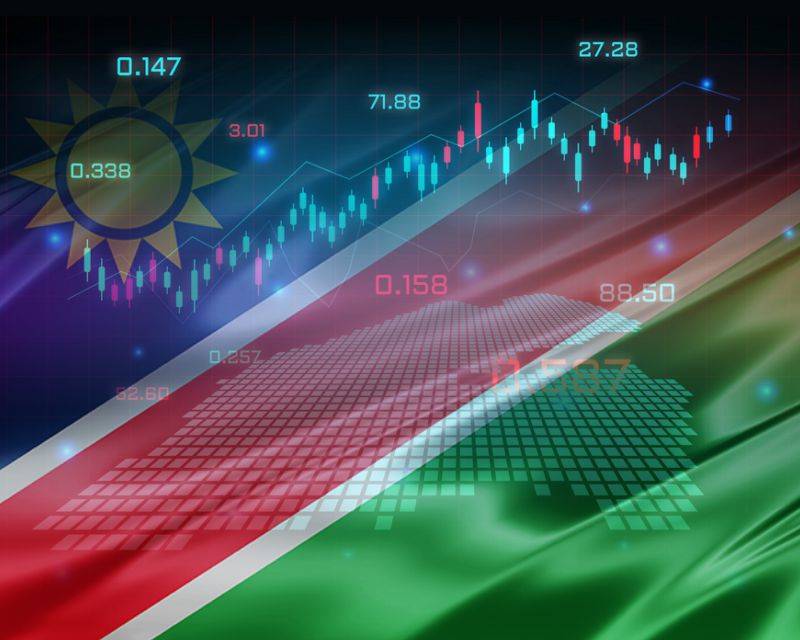
A quick guide to Forex trading in Namibia – Get started on the right foot

Namibia is seeing an increase in Forex trading. Recent technological developments in internet connectivity and the ensuing increase in competition among brokerages have substantially increased the accessibility and competitiveness of foreign exchange trading in Namibia.
In this article, we’ll go over the basics of Forex trading and help newcomers in Namibia get started on the right foot.
1. Set up an account with a regulated Forex broker
By regulations set forth by the Bank of Namibia, all foreign exchange transactions executed in the country must proceed through commercial banks or registered brokers.
Do your research before opening an account with a broker that offers its services to traders in Namibia.
Khwezi Trade is an ODP-regulated Forex broker based in South Africa which offers a USD trading account for retail traders in Namibia. Namibian traders require a South African bank account to deposit with Khwezi.
2. Learn the basics
The value of learning about the currency market can never be overstated.
Before you start trading with real money, take the time to educate yourself on the various currency pairs and the factors that affect them.
A demo trading account with Khwezi is the best way to get a feel for an actual live trading environment without taking the risk of capital loss.
3. Follow a trading plan
One of the most crucial parts of successful trading is the use of a trading strategy. Include your expected return, your willingness to take risks, the strategies you intend to employ, and the metrics you will use to evaluate your success.
After settling on a strategy, it’s important to double-check that any potential trades will be inside its parameters. Remember that you are likely to be at your most rational just before making a deal and at your most irrational just after so that a clear strategy will help you to think clearly while trading.
4. First practice in a demo account
Put your trading strategy through its paces in a risk-free practice account provided by your broker. Learn the ins and outs of trading currency pairs and put your trading strategy to the test without putting any of your own money at risk.
5. Learn to analyse the markets
Fundamental traders prefer to trade based on news and other financial and political data, whereas technical traders predict market moves using technical analysis methods like Fibonacci retracements and other indicators.
Many traders use a hybrid approach that takes advantage of both. Whatever your trading strategy, it is essential that you take advantage of the tools at your disposal to locate promising trading opportunities in dynamic markets.
6. Employ stop orders
With stop and limit orders, you can exit the market at the price you choose, helping you to control your risk and preserve potential earnings. If you place a stop order, your investments will be liquidated at the price you designate, regardless of whether the market price is higher or lower.
To safeguard gains in the case of a market reversal, trailing stops are recommended. These stops “trail” your position by a predetermined amount and move with the market as it moves.












































